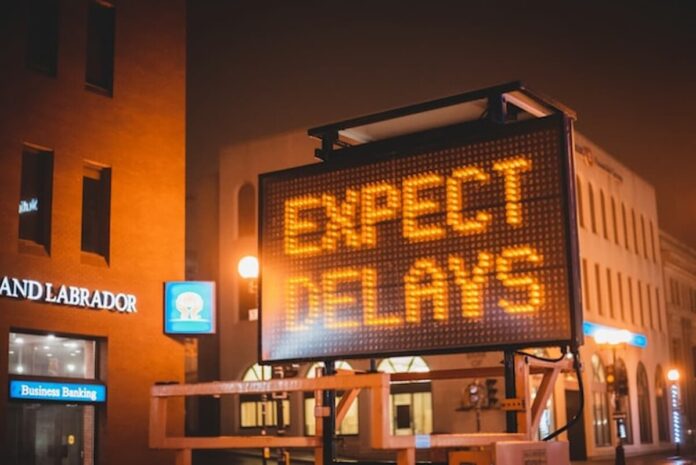
A bill giving four federally recognized tribes in Maine exclusive online casino licensing has been tabled.
Legislative Document 1164, “An Act to Create Economic Opportunity for the Wabanaki Nations Through Internet Gaming,” stalled in the Joint Veterans and Legal Affairs Committee on Monday.
The proposed legislation would have given the tribes exclusive licenses to run online platforms offering casino-style games like poker, blackjack, and roulette. Revenues generated through these services would have been subjected to a 16% tax to help state-funded services such as addiction recovery and veterans’ programs.
The measure followed the 2022 legalization of online sports betting, which the Wabanaki already operates. Three of the tribes partner with Caesars Sportsbook, and the other is with DraftKings Sportsbook.
Proponents Push Financial Benefits
Unsurprisingly, LD 1164 received support from Caesars and DraftKings but faced stiff opposition from Churchill Downs, FanDuel, PENN Entertainment, Maine Gambling Control Board Chair Steve Silver, and others.
Tribal leaders throughout Maine submitted written testimony in favor of the bill, highlighting its economic benefits and the need for more regulatory oversight.
At a committee hearing earlier this month, Pos Basset, Chief of the Passamaquoddy Tribe at Sipayik, testified that the bill would “generate revenues that will help us save enough money to do things like move our wastewater treatment plant and survive what’s to come from rising sea levels.”
He added: “(Online gaming) is already happening on peoples’ phones. Why not use the existing activity to benefit state and trivial governments?”
Rep. Aaron Dana of the Passamaquoddy Tribe stated: “For the Passamaquoddy Tribe and all the other Wabanaki communities, this is about fairness and the ability to participate in the industry that already benefits others across the country.”
Opponents, meanwhile, stressed that the bill would negatively impact jobs in the state.
Said Silver: “Oxford and Hollywood Casinos employ nearly 1,000 Mainers. Legalizing iGaming without permitting them to participate will lead to job cuts — I am willing to bet on it.”
Questions Persist in Maine Around Illegal Gaming
Rep. Anne Graham raised questions before the committee Monday about the prevalence of unregulated gaming in Maine.
“I wondered if we know what’s happening out there?” Graham asked. “My impression was that this is happening and it’s illegal, other states have chosen to make it legal, so I don’t know if we have any statistics or any awareness of how much of that is going on?”
As such, there have been calls for more information.
“It should be noted that there are probably lots of things that are happening illegally,” she added, “and that is not always a reason to authorize the activity. That was pointed out by people who did submit follow-up information and at the public hearing.”
Online gaming is currently legal in only the following states: Connecticut, Delaware, Michigan, New Jersey, Pennsylvania, Rhode Island, and West Virginia.







